Venezuelan Opposition Leader Urges Colombia’s President to Acknowledge Electoral Victory
Maria Corina Machado, the Venezuelan opposition leader, urged Colombia’s President Gustavo Petro to recognize her faction’s victory in the disputed July presidential election. Despite Maduro’s administration declaring him the winner, Machado’s coalition claimed otherwise and called for international support against the government’s oppressive actions. She also cautioned of the implications for Colombia if Maduro remains in power. As she navigates safety concerns, Machado advocates for negotiations to promote a transition in Venezuela’s governance.
Maria Corina Machado, the Venezuelan opposition leader, recently issued a plea to Colombia’s President Gustavo Petro to recognize the electoral victory of her faction in the contested July presidential elections in Venezuela. Delivering her appeal via a virtual communication to the Colombian Senate, she aimed to intensify global pressure on Venezuelan President Nicolás Maduro to resign by January of the upcoming year. For the past two months, Machado has remained concealed due to apprehensions regarding potential arrest. She urged President Petro to take significant action, proclaiming, “It is time for decisions. Silence is no longer an option in the face of what is happening in Venezuela.” Machado underscored the unavoidable transition that is required in her nation and expressed her readiness for constructive dialogues respecting the will expressed by Venezuelans on July 28. While the electoral authorities, loyal to Maduro’s administration, proclaimed him as the victor shortly after the polls closed, they failed to provide detailed results, attributing the lack of transparency to a cyberattack. Conversely, Machado’s coalition secured vote tallies from over 80% of electronic machines, which they subsequently published online, illustrating that their candidate Edmundo González triumphed by a significant lead. During her address to Colombian senators, Machado implored their assistance in ensuring a government transition, stating, “I ask you to be guarantors of our victory and to be the voice of those who today are facing the most atrocious and ruthless repression.” She noted the severe actions taken by the government post-election, which included detentions and allegations of torture against minors. Machado also cautioned of the regional consequences should Maduro’s regime endure for another term, asserting that Venezuela under Maduro has become a sanctuary for criminal guerrilla groups linked to Colombia. This reality could complicate President Petro’s initiatives to secure peace agreements with Colombian rebel factions situated along the Venezuelan border, an agenda he has advocated since assuming office in 2022. Additionally, following the election, Petro, along with Brazilian President Luiz Inacio Lula da Silva and former Mexican President Andrés Manuel López Obrador, endeavored to mediate the electoral turmoil in Venezuela; however, these efforts were in vain, as Maduro fortified his regime through cabinet adjustments and the incarceration of more than 2,000 dissidents. Machado’s opposition candidate, Edmundo González, fled to Spain in September amidst an arrest warrant issued against him for his publication of vote tally sheets. Concurrently, Maduro’s government has positioned itself as a facilitator in peace negotiations with Colombian insurgent groups, yet discussions with the National Liberation Army hit a standstill earlier this year. The subsequent presidential term in Venezuela is scheduled to commence on January 10, with Machado tirelessly working to secure international scrutiny and support against Maduro’s government while navigating her own safety concerns.
The political landscape in Venezuela remains fraught with tension as the opposition challenges the legitimacy of President Nicolás Maduro’s administration. The July presidential elections have been marred by allegations of electoral malpractices, inciting calls for international intervention and recognition of the opposition’s victory. Maria Corina Machado, a prominent opposition figure, advocates for international acknowledgment of the election results while signaling the need for a governmental transition to alleviate the socio-political crisis in Venezuela. The interplay between Venezuelan political affairs and Colombia’s efforts to stabilize its own internal conflicts, coupled with the influence of criminal groups, further complicate the regional dynamics.
In conclusion, Maria Corina Machado’s appeal to President Gustavo Petro signifies a strategic move to galvanize international support against Nicolás Maduro’s regime following the disputed July elections in Venezuela. Her insistence on recognizing the opposition’s victory underscores the challenges faced by Venezuelans under a government marked by repression and electoral malpractice. The ramifications of Maduro’s continued rule extend beyond Venezuela, impacting Colombia’s security and governance. Machado continues her pursuit of international solidarity to foster a political transition that reflects the will of the Venezuelan people.
Original Source: www.oneindia.com
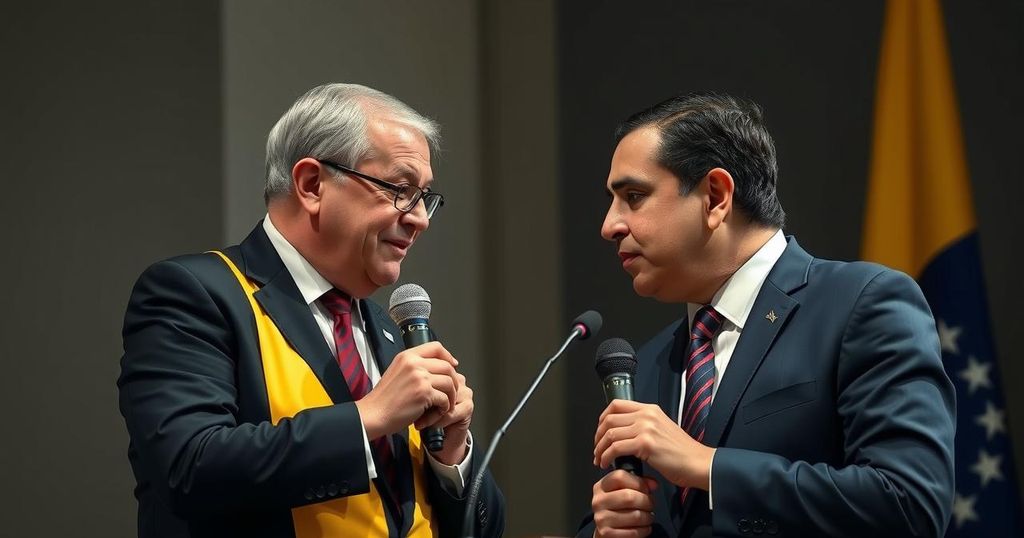


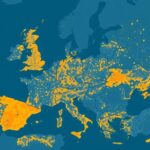

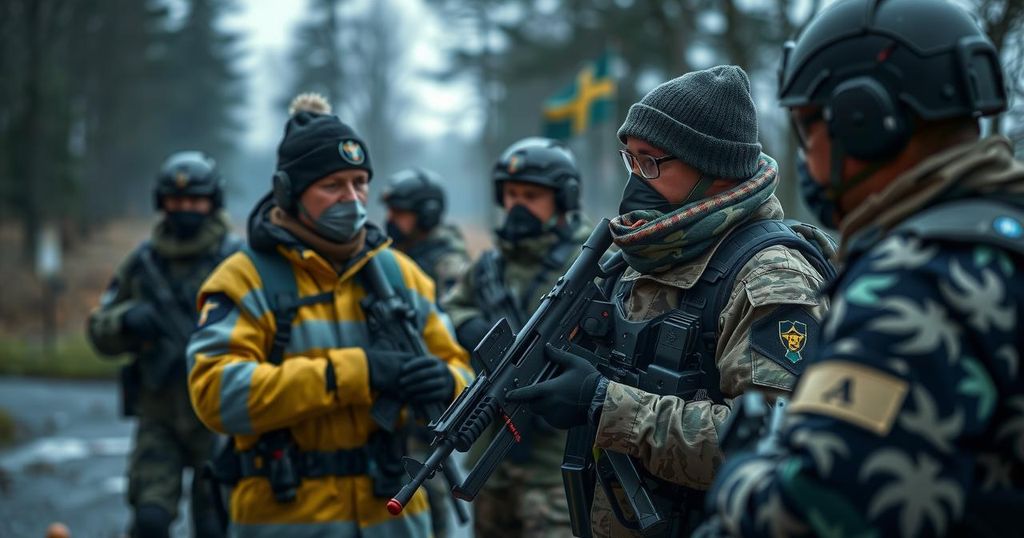
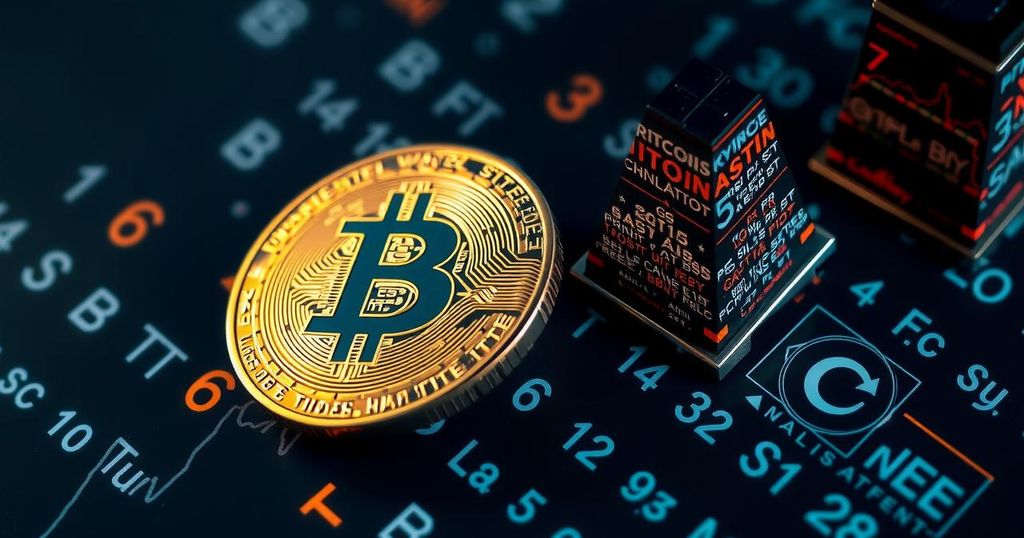
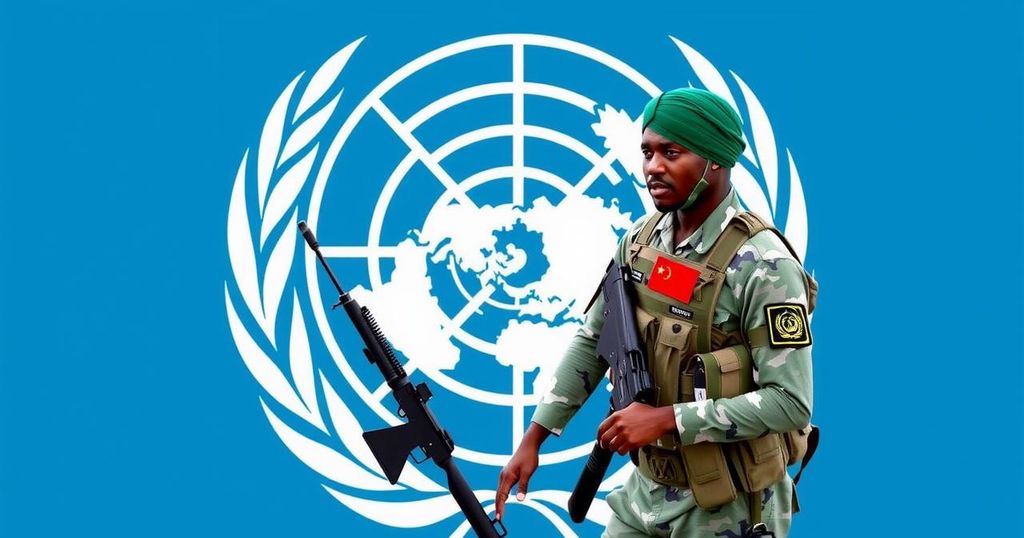
Post Comment